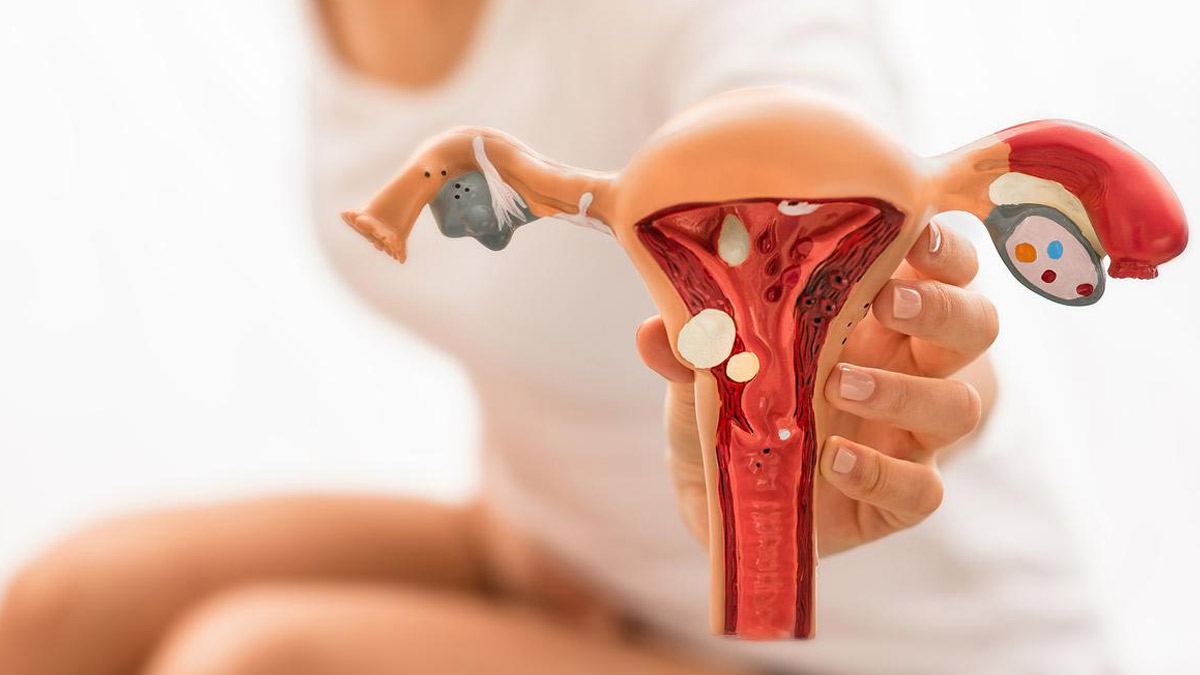A new study published in Human Reproduction has shed light on the increased risk of autoimmune diseases among women diagnosed with premature ovarian insufficiency (POI) before the age of 40. This condition, where the ovaries cease to release eggs prematurely, not only results in menopausal symptoms at a younger age but also correlates with a higher susceptibility to various autoimmune disorders.
Understanding Premature Ovarian Insufficiency (POI)
Premature ovarian insufficiency (POI) is a disorder in which a woman’s ovaries stop functioning properly before the age of 40. This leads to a decline in hormone production, causing irregular or absent periods, and early onset of menopausal symptoms such as hot flashes and mood swings. It is a rare condition, but its implications extend beyond fertility issues. Past research has suggested that autoimmune diseases may play a significant role in causing POI, with studies estimating that autoimmune factors could account for anywhere between 4% to 55% of cases.
One of the defining features of women with POI is the presence of autoimmune antibodies. Thyroid antibodies, in particular, are often found in these women, further increasing the likelihood of POI development. The study also points to low levels of anti-Müllerian hormone (AMH) in women of reproductive age, which has been associated with autoimmune diseases like type 1 diabetes, systemic lupus erythematosus, rheumatoid arthritis, and others.
The Study: A Nationwide Investigation
To explore the connection between POI and autoimmune diseases, researchers conducted a nationwide registry-based study in Finland. They examined a group of 3,972 women diagnosed with POI and compared them to a control group of 15,708 women of similar ages. The women with POI were identified based on their eligibility for hormone replacement therapy (HRT) before the age of 40, a treatment recommended for those diagnosed with POI to alleviate symptoms of early menopause.
Crucially, none of the women included in the study had a history of cancer, bilateral oophorectomies (removal of both ovaries), or gender reassignment surgeries. The researchers used national medical records to track the incidence of severe autoimmune diseases in these women, specifically focusing on conditions diagnosed in specialized health centres.
Also Read: 1-3 Of 10 Indians Have Liver Disease, Says Health Ministry; Here’s Everything To Know About It
Key Findings: A Higher Risk of Autoimmune Diseases
The results of the study revealed a startling connection between POI and autoimmune diseases. Women diagnosed with POI had significantly higher odds of developing autoimmune disorders both before and after their diagnosis. Among the POI group, 5.6% of women had developed a severe autoimmune disease before receiving their POI diagnosis, while 13% were diagnosed with an autoimmune condition after their diagnosis.
Several autoimmune diseases were found to be more prevalent in women with POI compared to the control group. These included systemic lupus erythematosus, rheumatoid arthritis, hyperthyroidism, Addison’s disease, and inflammatory bowel disease. The risk of developing these diseases was two to three times higher in women with POI than in the general population. Interestingly, not all autoimmune conditions were more common in POI women. Conditions like ankylosing spondylitis and type 1 diabetes did not show significant differences in incidence between the POI group and the control group.
The Role of Hormones and Autoimmune Diseases
The findings of this study suggest that the early cessation of ovarian function may disrupt the delicate balance of hormones that regulate immune function. Estrogen and other sex hormones produced by the ovaries play a critical role in modulating immune responses. When these hormones decline due to POI, it may trigger the immune system to become overactive, increasing the risk of autoimmune diseases such as rheumatoid arthritis and lupus.
Moreover, the study observed that the highest incidence of autoimmune diseases occurred in the first three years following a POI diagnosis. However, the risk remained elevated for many years after, suggesting that the autoimmune mechanisms linked to POI may have long-lasting effects on women’s health.
Also Read: Ebola-Like Marburg Virus Kills 6 In Rwanda; Know All About It
Implications for Future Research and Treatment
The association between POI and autoimmune diseases highlighted in this study opens new avenues for research. Understanding the underlying biological mechanisms that connect ovarian insufficiency and immune dysfunction could help in the development of targeted therapies. Specifically, identifying the molecular pathways that link POI to autoimmune conditions may lead to preventative treatments that could reduce the incidence of autoimmune diseases in women with POI.
Further research is also needed to explore whether long-term hormone replacement therapy can mitigate the risk of autoimmune diseases in these women. Since HRT is commonly used to treat symptoms of early menopause in POI, it may hold the potential for preventing the onset of additional autoimmune conditions as well.
Bottomline
The study emphasizes the need for heightened awareness of autoimmune risks in women diagnosed with premature ovarian insufficiency. With a clear link established between early ovarian failure and a higher likelihood of autoimmune diseases, healthcare providers must be vigilant in monitoring these patients. Early detection and management of autoimmune conditions can significantly improve the quality of life for women affected by POI.
